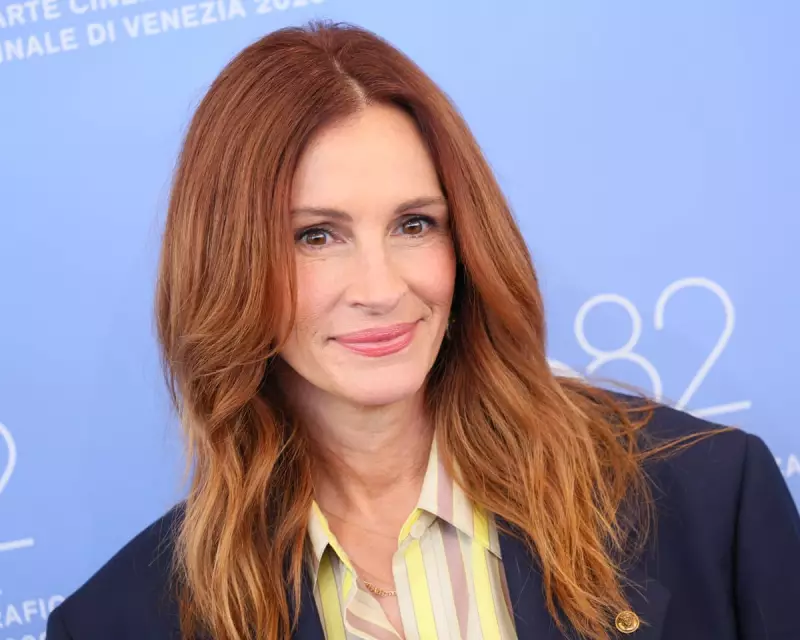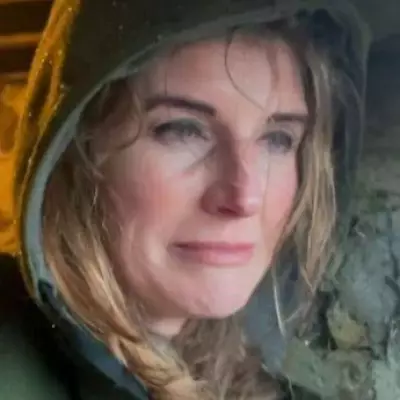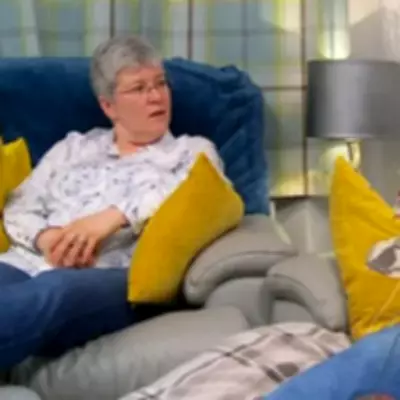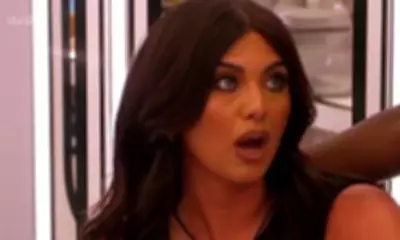
At the prestigious Venice Film Festival, Hollywood icon Julia Roberts delivered a poignant and thought-provoking defence of her latest project, the dramatic thriller 'After the Hunt', while issuing a stark warning about the state of modern discourse.
The Oscar-winning actress suggested that in the crucial wake of the #MeToo movement, society is ironically losing its capacity for the nuanced, difficult conversations necessary for true progress. Roberts argued that a culture of immediate judgment is stifling the open dialogue required to navigate complex social issues.
A Defence of Complex Storytelling
Roberts, who plays a university professor confronted by a dark secret from her past in the film, passionately defended the project's nuanced approach. She framed 'After the Hunt' not as a film that provides easy answers, but as one that courageously asks difficult questions, aiming to spark discussion rather than shut it down.
"The art of conversation is being lost," Roberts stated emphatically. "We're in this cultural moment where people are so quick to have a binary opinion... The point is to continue the conversation."
Navigating the Post-MeToo Landscape
The film, directed by Luca Guadagnino, has been hotly anticipated and delves into the morally grey areas of power, complicity, and truth. Roberts revealed that the complexity of the script was its primary draw, offering a role that demanded deep introspection rather than simplistic moralising.
She expressed concern that the fear of saying the wrong thing is preventing the right things from being said, ultimately hindering the deeper understanding the #MeToo movement initially sought to achieve. For Roberts, cinema remains one of the most powerful mediums to explore these grey areas and foster empathy.
A Call for Nuance and Open Dialogue
Roberts' comments at the festival press conference serve as a powerful reminder of art's role in society. She champions film as a vital catalyst for conversation, a space where audiences can sit with discomfort and engage with perspectives different from their own.
Her defence goes beyond a single movie; it is a plea for patience, listening, and the preservation of complex human interaction in an increasingly polarized world. 'After the Hunt' promises to be a compelling entry into this essential cultural dialogue.





